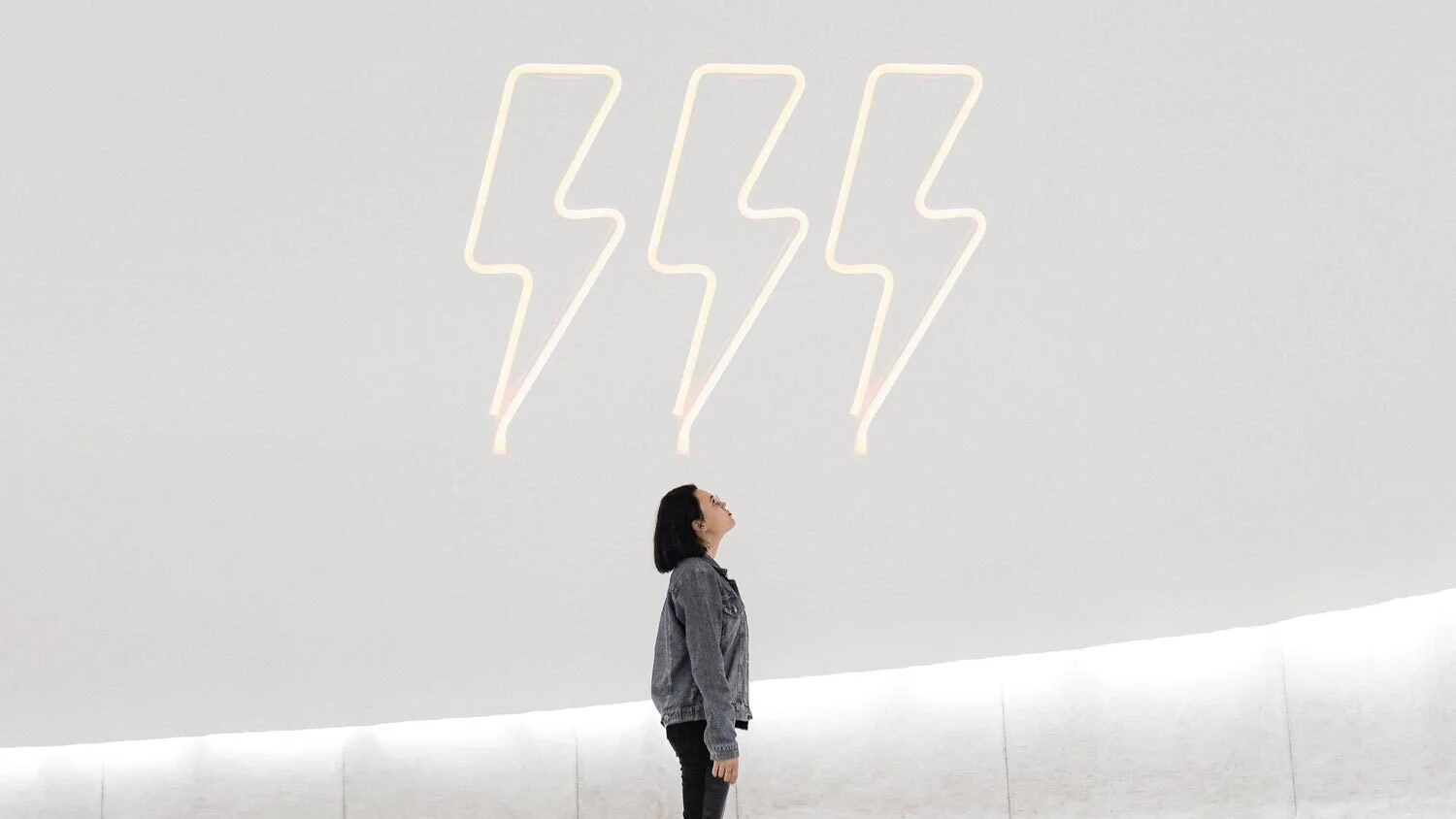Is it anxiety or intuition?
When should you listen to that gut feeling
By Jackie Menjivar
Telling someone with anxiety to “just trust your gut” isn’t always helpful advice. Because when you live with anxiety, it can feel like your “gut” is telling you that everyone hates you or that you’re never gonna reach your goals. And sometimes those feelings are easy to dismiss, but other times you might wonder: what if my body’s really trying to tell me that something’s wrong?
“just trust your gut” i have anxiety, my gut is literally always telling me to abort mission
— ɴᴏ ᴄᴀʟʟᴇʀ ɪᴅ (@_lesleyallan) February 4, 2019
Research has shown that anxiety makes it harder to listen to your intuition. You might have a hard time telling between the two. But anxiety and intuition are different. Here’s how to know which one you’re dealing with.
What’s the difference between anxiety and intuition?
Intuition is an instinctual, guiding feeling. You might also call it a “gut feeling,” a “hunch,” or your “inner voice.” Have you ever made a split-second decision because it just “felt right”? Or avoided something because you immediately got a bad vibe from it? That’s your intuition. It’s the kind of thing that you don’t have to consciously explain or think about, you just know.
Anxiety is a strong and persistent feeling of dread, fear, or general uneasiness. It can come with physical symptoms too, like a racing heartbeat or trouble breathing. Chronic anxiety about everyday situations can be a sign of an anxiety disorder.
Sometimes, anxiety can disguise itself as intuition. You might get a flash of fear that feels so strong, you think it must be true. But just because your body’s giving you cues that something’s up, it doesn’t mean that it’s your intuition talking. The key differences between anxiety and intuition are:
How it feels: Anxiety screams, but intuition whispers. Anxiety can feel noisy and overwhelming, with a flood of thoughts and fears. Intuition feels more grounded and focused. It cuts above the noise and gives you a clear answer instead of more questions.
What it focuses on: Intuition usually happens in the moment, and it focuses on what’s happening to you right now. Anxiety is more future-focused, making you worry about what’s going to happen. Your intuition will also usually show up for major decisions and moments, while anxiety can be triggered by anything (including unimportant everyday stuff). Anxious thoughts also tend to be repetitive, while intuitive thoughts are unique.
When it happens: Anxiety is usually a response to something that feels threatening. Intuition comes from within you, not your environment. Instead of reacting to something external, you’re connecting with the knowledge you have internally. And while anxiety usually happens after you’ve been ruminating and analyzing a situation, intuition pops up seemingly from nowhere.
How can you tell which one it is?
If you’re not sure whether it’s your anxiety or intuition talking, ask yourself these questions:
How does your body feel? Anxiety and intuition feel differently in your body. Take a second to do a quick body scan, and notice where this feeling is coming from physically. You might experience anxiety in your chest, with a tightening feeling and a pounding heart. Your intuition, on the other hand, might feel like a strong pull in your stomach. Learn to recognize where each lives in your body.
How is the message being delivered? Anxiety demands to be heard, and that can show up through an intense stream of questions, doubts, and warnings. Your thoughts are probably racing at full volume. Intuition will feel like a calm, gentle understanding — more of a sensation than a conversation.
Where did it come from? If you’re getting this feeling after ruminating on something for a while, it’s probably anxiety. It’s trying to give you an answer to something you’re already stressed about. Intuition happens in the moment, and it comes from a neutral place.
What is it telling you to do? Your anxiety usually wants you to restrict and avoid. Intuition is usually urging you to act — talk to that stranger at the party, make that risky career move, or end that unhealthy relationship. If it’s telling you to run and hide, it’s probably you’re anxiety talking.
—
In an ideal world, we would all have perfectly regulated nervous systems and never second-guess ourselves. But of course, things aren’t always that easy.
Luckily, self-trust is something that you can build over time. You learn to trust yourself the same way you learn to trust any other person. Listen, act, and then see the outcome. You’ll come to know the gut feelings you can rely on.

